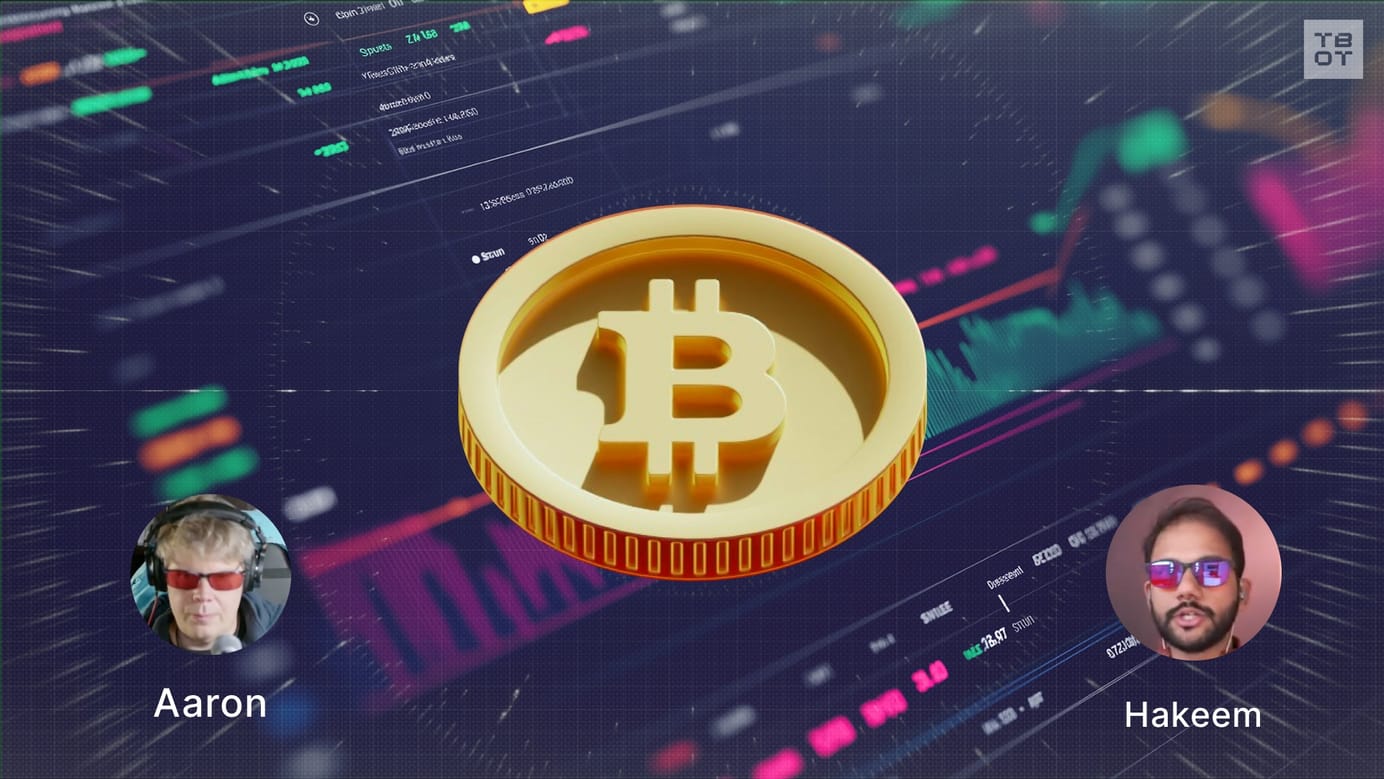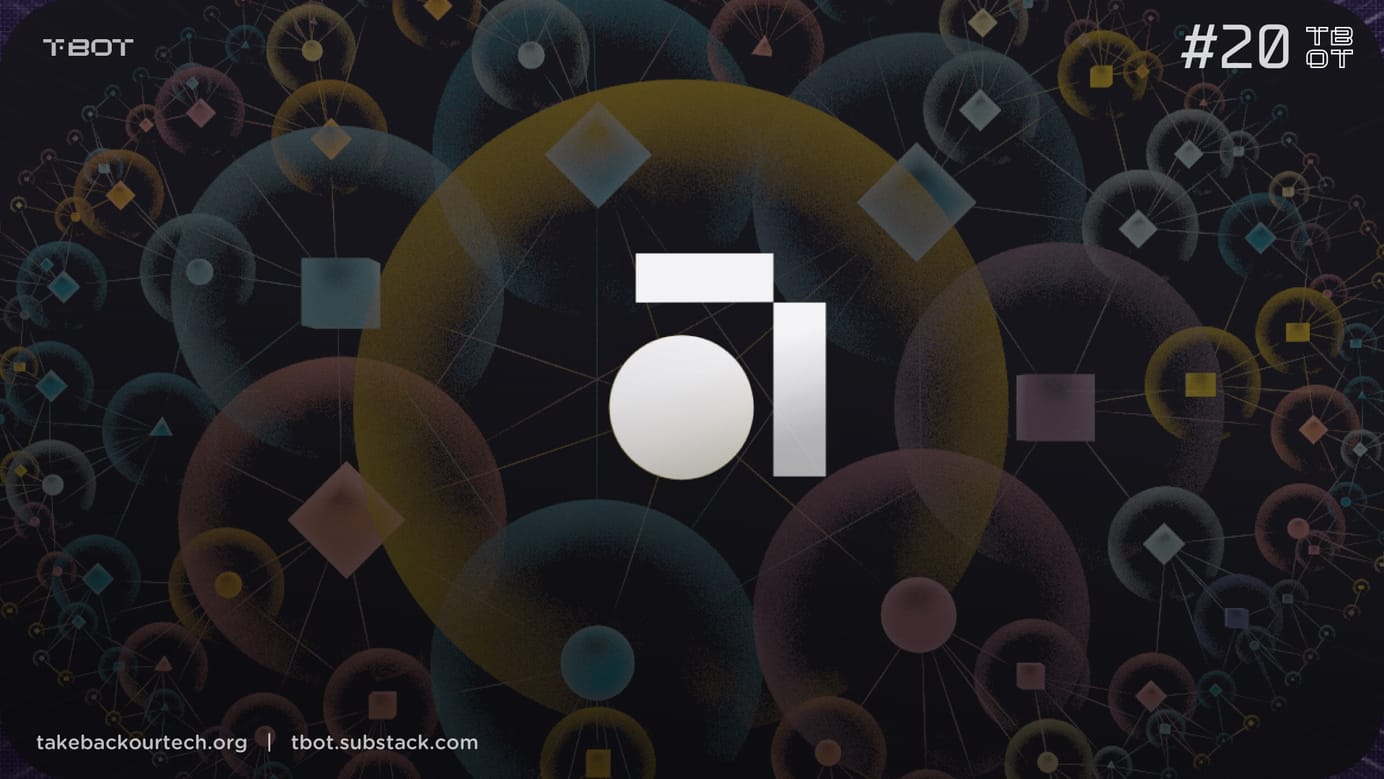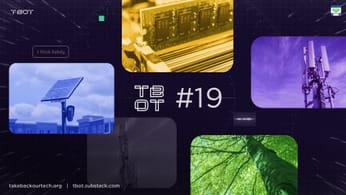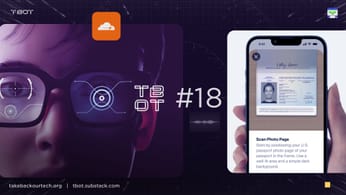
FCC Shutting Down 1000 VoIP Providers—Is Yours on The List?
The VoIP companies were caught completley off guard this week.
Do you use a VoIP service? A thousand US VoIP companies will be forced to stop service on August 28th by the FCC. Check if yours is on the list.
VoIP companies were caught off guard this week by a new FCC notice landing in their inbox.
The problem?
The companies were not following RMD, or the Robocall Mitigation Database requirements, set in place by the Telephone Robocall Abuse Criminal Enforcement and Deterrence Act—also known as the TRACED Act.
These are a set of laws and technical implementation standards released in 2020 to protect people from robocalls.
When a call is made, providers must ensure that they check calls against the Robocall Mitigation Database, which has a list of all confirmed and suspected robocall numbers.
Of course this also has the indirect effect of surveillance, collecting any new numbers not previously seen.
Providers must store lookup details, including:
- the timestamp of the lookup
- the calling party that triggered the lookup
- the number looked up
- the current status of the lookup in the RMD database
- the action taken
The RMD has several statuses for numbers in the database.
They can either be blocked, which disallows calls to and from the number. They can also be flagged as a potential spam call, which lets your phone know to present a warning like “possible spam call.”
Carriers and VoIP providers must keep lookup records for up to 12 months.
I also learned something new. FCC guidelines over the past few years have required telecoms to retain call detail records for at least 18 months—and sometimes longer depending on states with additional requirements.
Want to learn more about call detail records and phone tracking? Check out this #TBOT deep dive.
Why are the VoIP providers getting shut down?
The FCC says these providers did not follow two amendments to the FCC rules:
- Sixth Caller ID Authentication Order - Requires more information from the providers to be RMD certified, and mitigation plans.
- Seventh Call Blocking Order - Requires providers to respond in 24 hours to traceback requests.
These traceback requests come from law enforcement and get the routing for any phone calls or SMS to find the networks involved.
Apparently over 1,000 VoIP providers didn’t follow the guidelines or create mitigation plans for this.

Now, within two business days, all other providers must stop accepting traffic from these companies.
So is your company on the list?
You can look in this appendix of companies from the official FCC report: https://web.archive.org/web/20250826200157/https://docs.fcc.gov/public/attachments/DA-25-737A1.pdf
What do we do now?
I’ll say it once more: phone calls and text messages are not reliable communication platforms. Regulators like the FCC in the US have too much influence over telecom providers. They can block phone numbers at will and collect the details of all communications.
We need free, private, and decentralized solutions.
This Substack is reader-supported. To receive new posts and support my work, consider becoming a free or paid subscriber.
This is a segment from #TBOT Show Episode 12. Watch the full episode here.

Any unlocked phone that supports eSIM can use the Above DataSIM!
Above DataSIM is data-only, so network traffic can be encrypted using a VPN. This prevents cell service providers and internet providers from seeing and exploiting your activity. Zero personal information is shared with the carrier, ensuring identities remain private!
Avoid big telecom, travel overseas, and keep on hand for an emergency backup! Set up takes only a few minutes.
Take Back Our Tech Newsletter
Join the newsletter to receive the latest updates in your inbox.





